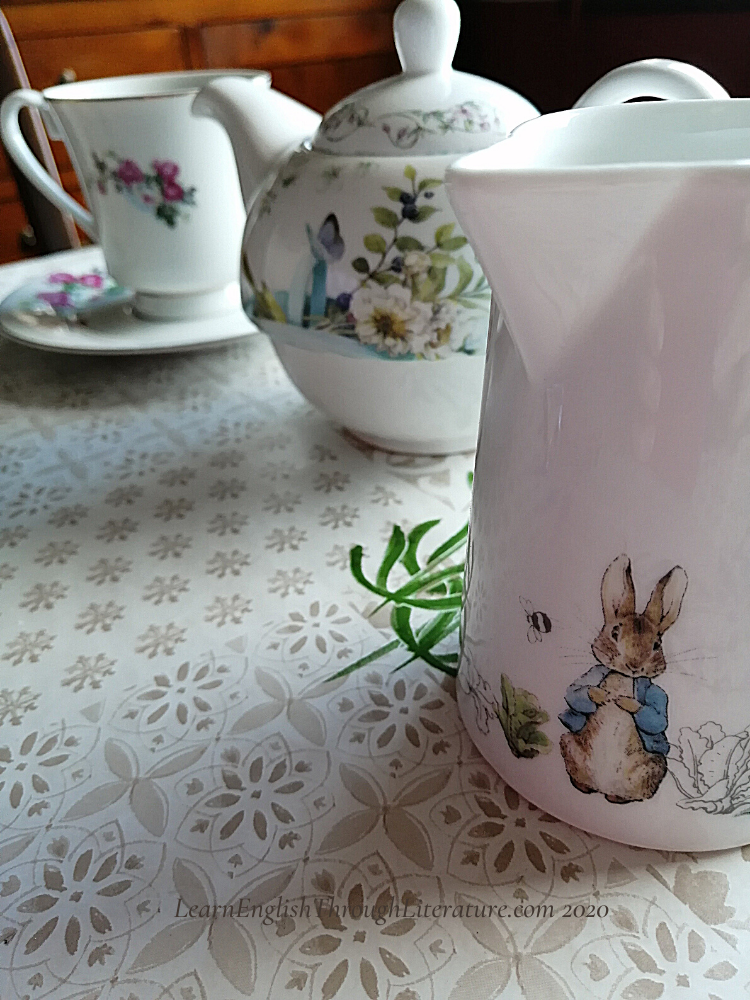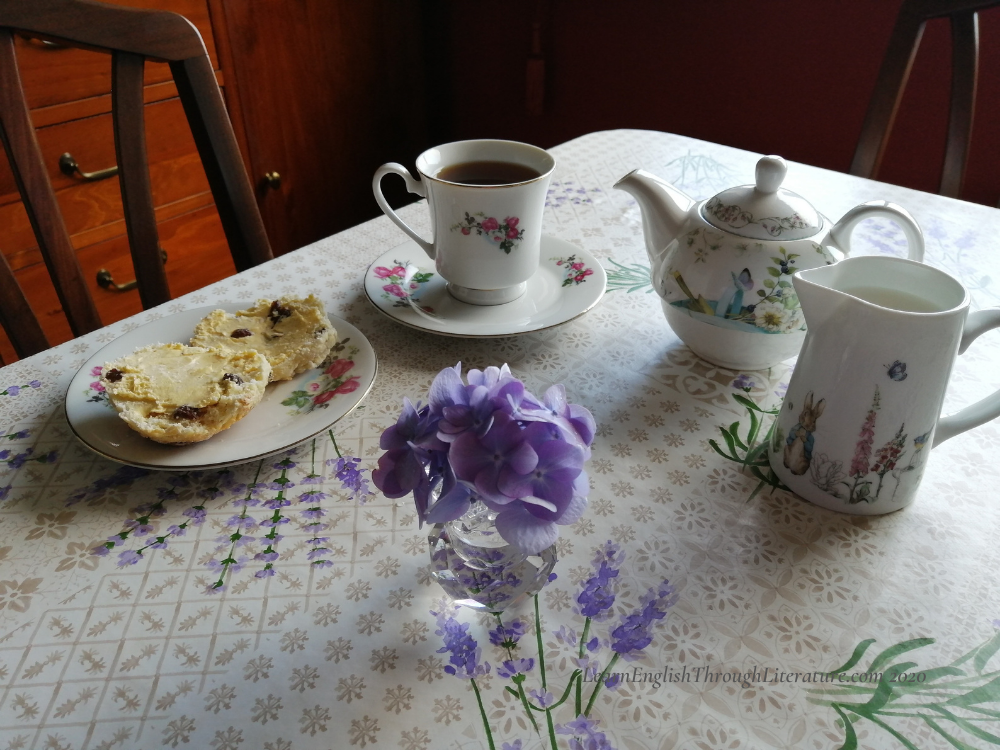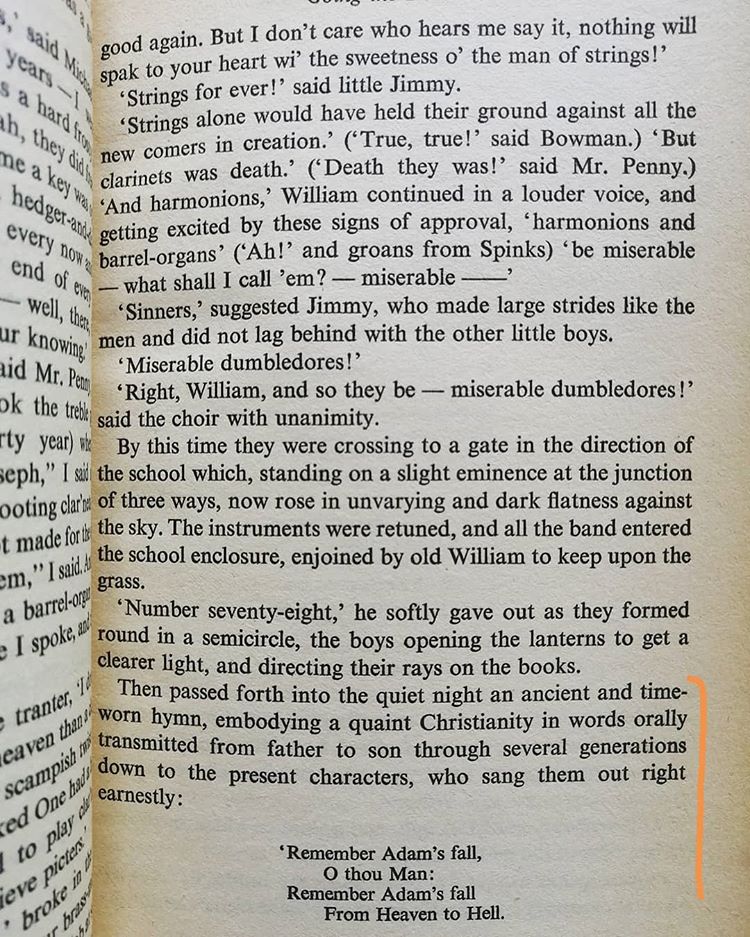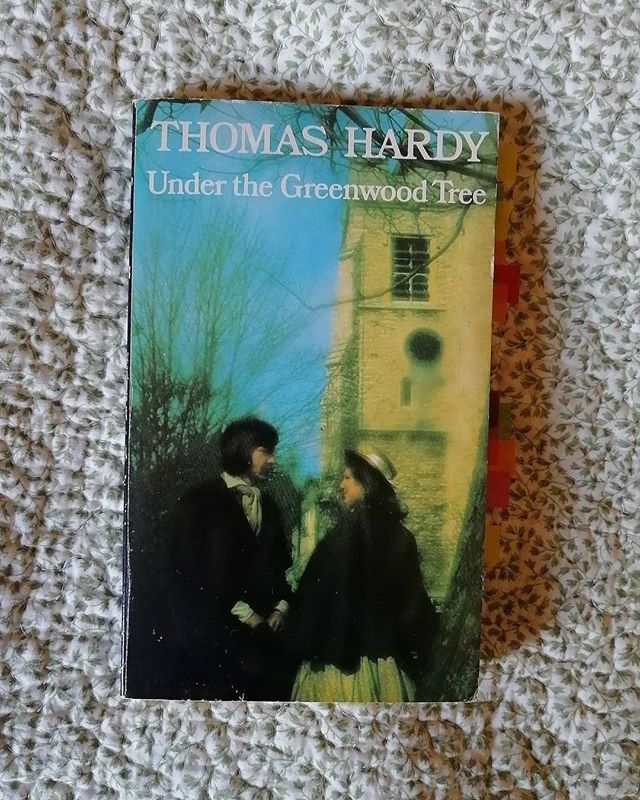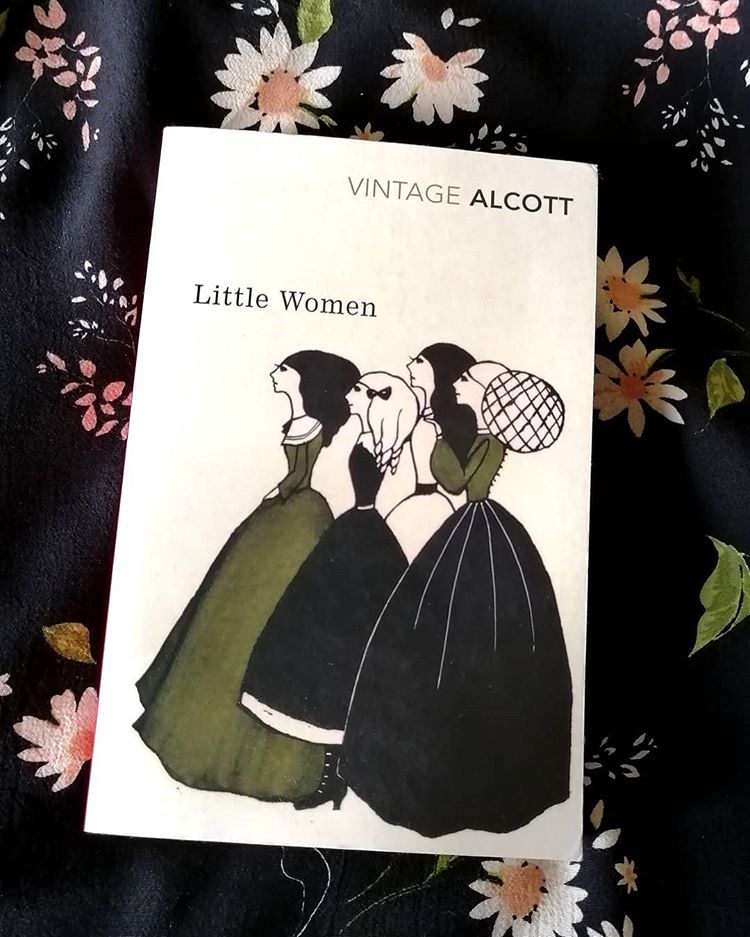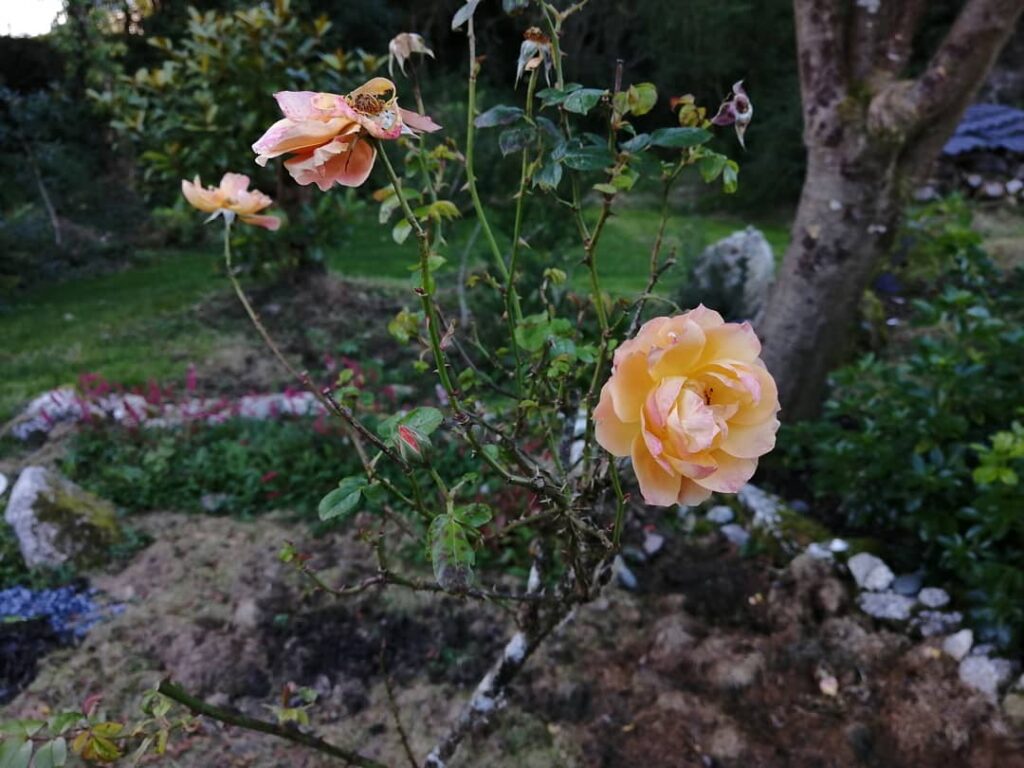Lesson #119: Teatime Literary Reflections (and the Power of Good Storytelling) (Part 2)
As promised, here are some observations on the passage from Elizabeth Gaskell’s Cranford, as referenced in the previous post: 🖋️ Gaskell’s approach here is more conversational than the style of other classic novels. This is because the story is told by one of the characters in the book. 🖋️ Gaskell uses the word ‘very’ several times […]
Lesson #119: Teatime Literary Reflections (and the Power of Good Storytelling) (Part 2) Read More »

